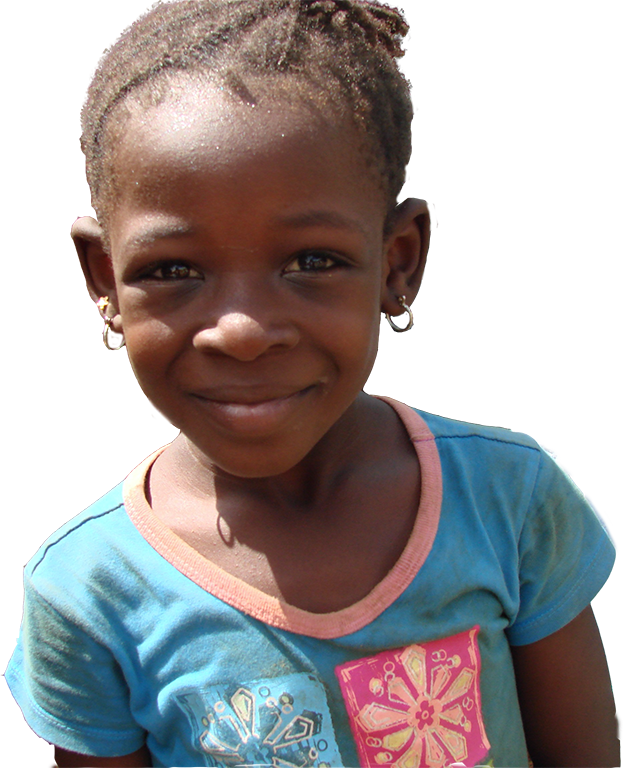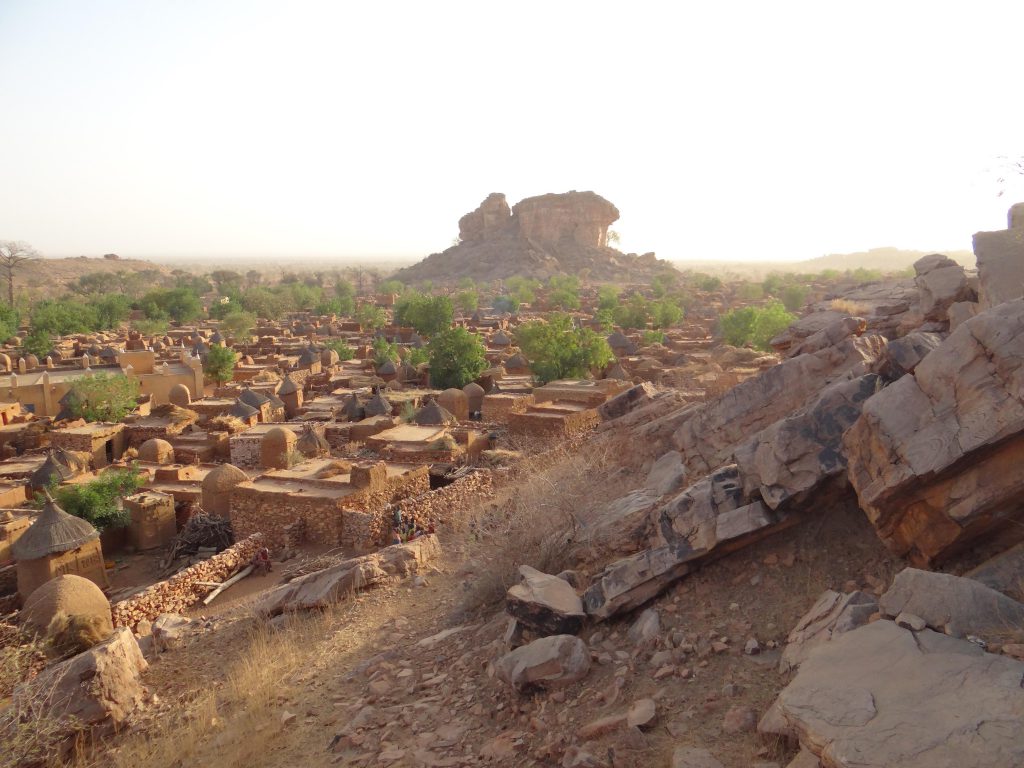
Dogon people of Mali: Part 1
Apr. 24 | 2018
The Dogon are a people of Mali, West Africa. Today, their total population in Mali is estimated at 700,000. They occupy the area, named Dogon Country, which stretches from the Cliff of Bandiagara to the southwest of the Niger Loop. Some Dogon settled in northern Burkina Faso, others settled in Côte d’Ivoire.
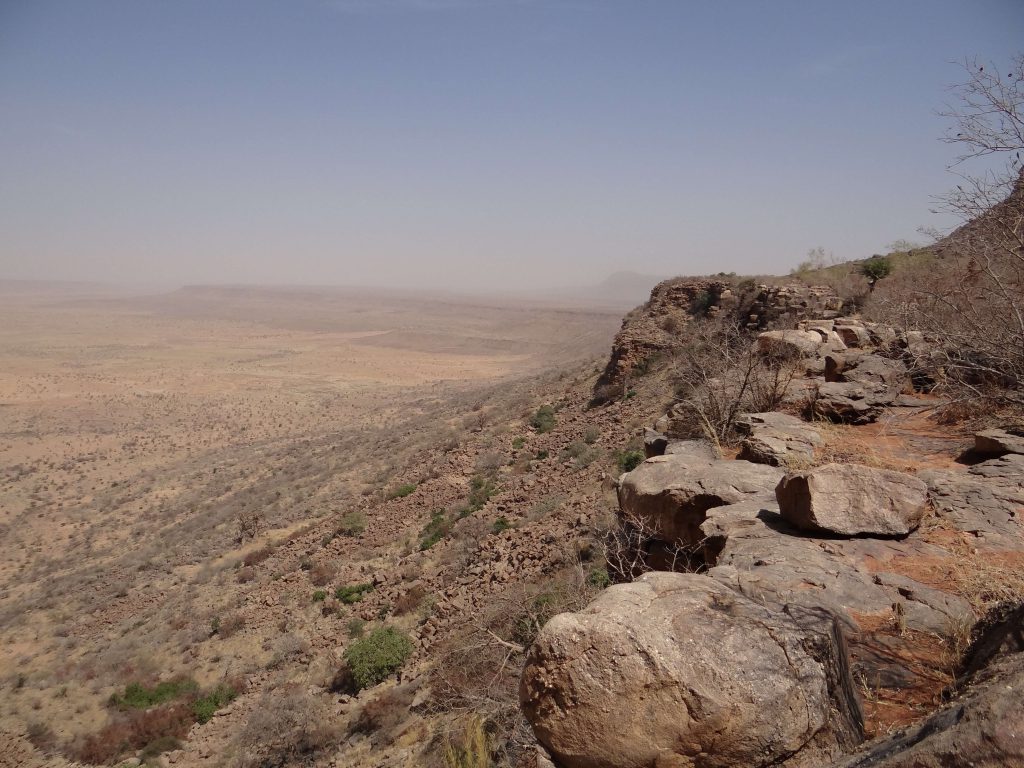
The group appears as a singularity in the history of the Sahelo-Saharan zone in West Africa and more particularly in Mali. Historically, they left Mandé, a region located in southwest Mali in the 14th century to avoid Islamization. They settled in Kani Bonzon (Bankass Circle) before dispersing over three sites: the Bandiagara Cliff (a UNESCO World Heritage Site 2003), the plateau (Sangha region) and the plain.
The first known occupants of the Dogon Country are small men called Bana (red) or Tellem or Pygmies. They lived by hunting and gathering wild fruits at a time when the forest was probably at the foot of the cliff.
A people, named Kurumba, taught the Bana how to build houses on the platforms of the cliff. The Dogon fought fiercely against the Mossis at the time of the Sonhrai Empire, then against the Fulani from the 17th century. The Dogon are closely related to the Soninke, a West African ethnic group found in eastern Senegal and its capital Dakar, northwestern Mali and Foute Djalon in Guinea, and southern Mauritania. They were sometimes culturally and linguistically influenced by the Soninke people, some of whom mixed with the them during their wide dispersion after the fall of the Ghana Empire.
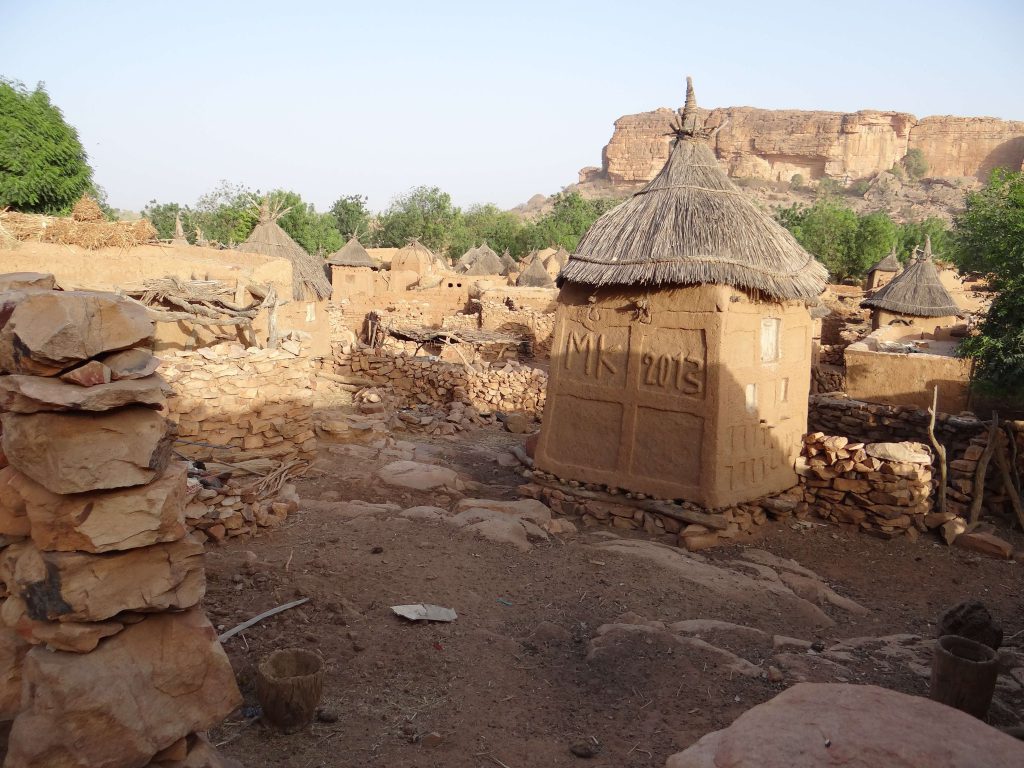
The Dogon people were first studied by explorer Louis Desplagnes (1871-1914), a lieutenant of the French colonial army. He lived in contact with the population in 1904 and 1905. He brought back to Europe the first detailed elements on the life of the Dogon people.
Then, Marcel Griaule, French ethnologist studied them. In 1946, he had talks with Ogotemmeli, a former hunter who became blind as a result of an accident and took advantage of inactivity due to his disability to deepen his traditional knowledge. From these interviews, he published several books on cosmogony, including the famous “God of Water.”
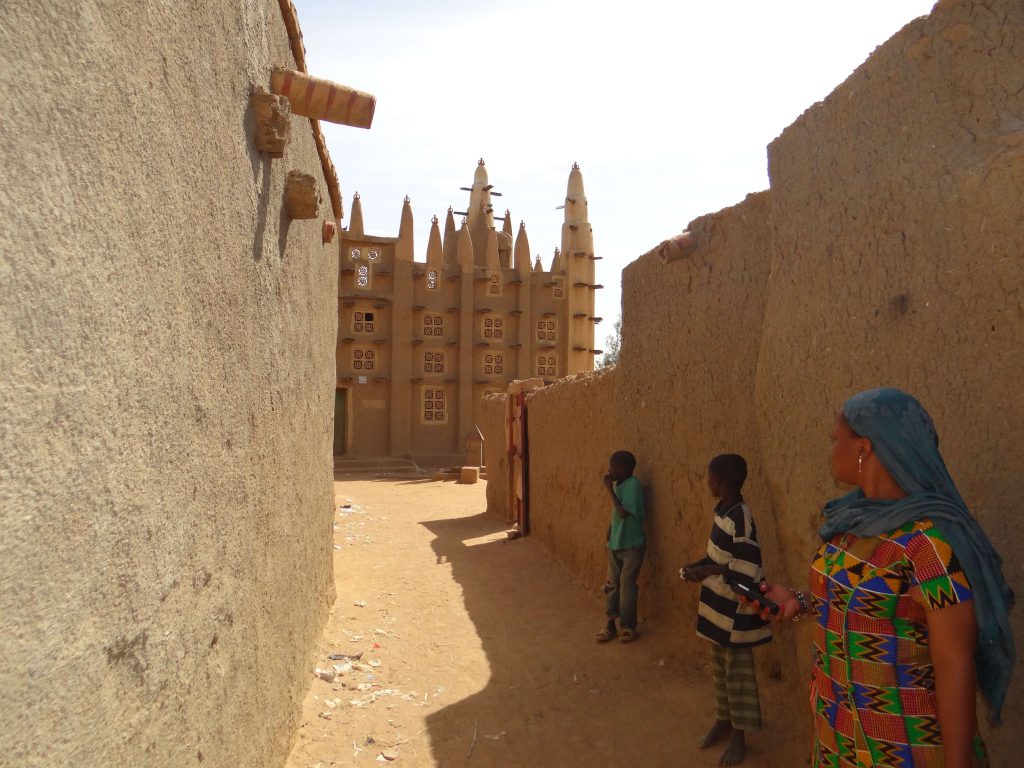
The economy is based on agriculture, livestock and especially tourism. The Dogon country has become the first tourist region of Mali and West Africa, because of its major attractions: the exceptional nature of the natural site and its cultural richness, which includes traditional festivals with masks, traditional pharmacopoeia, objects, art, and bogolan and indigo cloths. Tourism greatly benefits them, but it is not without problems. Children become beggars and some young people leave school to become guides without any training to do so.
The Dogon are farmers and cultivate millet, sorghum and rice, as well as onion, tobacco, peanuts and some other vegetables. Onions became a huge export when Marcel Griaule encouraged the construction of a dam near Sangha and motivated for the cultivation of onions. The economy of the Sangha region has doubled since then and its onions are sold even on the market of Bamako, Senegal, Burkina and Ivory Coast. They also raise sheep, goats and chickens and practice beekeeping.
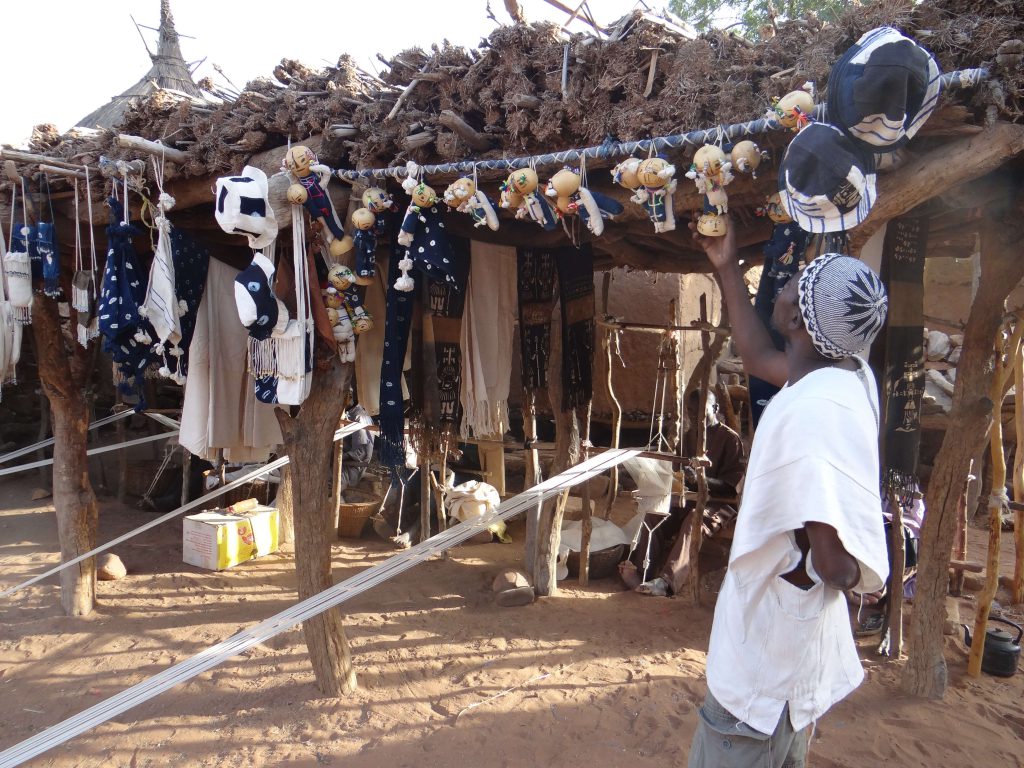
The language spoken is the Dogon, which includes several dialects (i.e., Toroso, Diamsaye, Tomoso). There is also a secret language, the sigi so, language reserved for the society of the masks.
They are linked with the Bozos ethnic group by a unique and special joking kinship (called sinankun-ya in Mali). Dogon and Bozos laugh at each other, but, at the same time, mutual assistance is required. Especially they should never see each other’s blood, there is no marriage link and no participation in burial ceremonies.
Their core cultural values are based on: Honesty, work, discretion and mutual aid. Also, because of the rigor of their environment, they developed a survival instinct: “Adversity forges ingenuity.”
This is part one of a four-part blog series.
• Read Part 2

